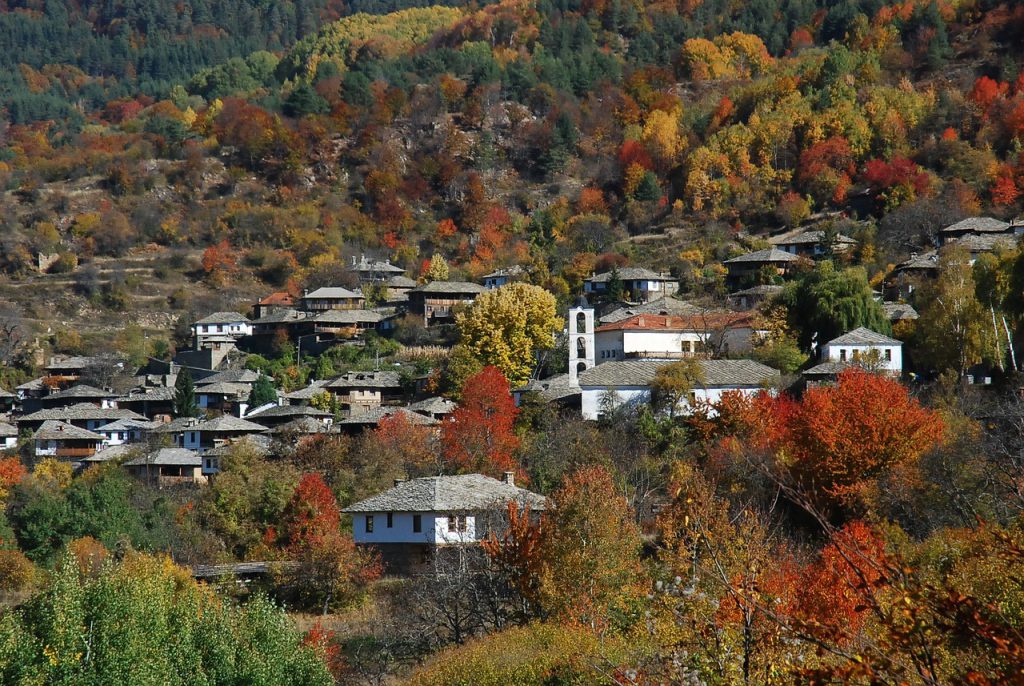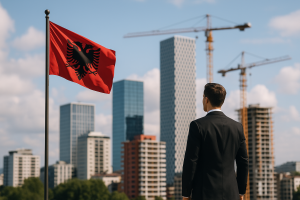Bulgaria’s real estate market offers various investment opportunities, from seaside residential properties on the coast of the Black Sea to urban and rural areas. This article explores Bulgaria’s current real estate market trends and regulatory requirements to help readers make informed decisions when planning to invest in Bulgaria.
Can Foreigners Purchase Real Estate in Bulgaria?
Under Bulgarian law, foreign individuals and companies are eligible to buy properties. Non-agricultural lands can be purchased by EU citizens without the need to establish a company. However, in case of agricultural lands, all foreigners – including EU citizens, need to open a company in order to be able to purchase it.
Apartments in Bulgaria are available to foreigners without restrictions on land ownership, because they are part of residential buildings. However, non-EU investors who want to purchase properties with land, should establish a company first.
Real Estate Bulgarian Market Forecast
The residential real estate sector in Bulgaria is currently valued at $303.40 billion, and is predicted to increase at 2.53% from 2024 to 2028. By the end of 2028, it is predicted to reach $434.30 billion.
Real Estate Transactions Taxation
- Acquisition of Real Estate Taxation- In Bulgaria the transfer tax fee is 2%, the registration fee is 0.1%, while notary fees are variable. Usually, these costs are covered by the buyer unless agreed otherwise. Foreign buyers must register with the BULSTAT registry shortly after their purchase and submit a tax registration form within 2 months. If the seller is registered for VAT, a 20% VAT is added to the sale price.
- Real Estate Ownership Taxation and Related Fees- In Bulgaria, property owners must pay an annual real estate tax of 0.15% of the property’s assessed value. This tax payment can be divided into 4 (four) separate payments throughout the year, or in a single payment with a small discount. Municipalities also charge garbage collection fees, which can be a percentage of the property’s value or a combination between this percentage and a fixed sum. These fees are usually paid simultaneously with the real estate tax.
- Real Estate Rental Taxation– In Bulgaria, rental income is subject to a 15% withholding tax. Companies can deduct this tax, while individual landlords should pay it directly. Office or holiday rentals may be subject to VAT if their yearly income exceeds BGN 50,000, whereas residential properties are VAT-free. Landlords can register for VAT if their rental income exceeds BGN 25,000 in order to reclaim VAT paid on property expenses.
- Real Estate Sale Taxation – In Bulgaria, when a real estate is sold, a 15% tax on the profit should be paid. This tax varies on the buyer’s residency and the property’s type. Sellers who are VAT-registered should add 20% to the sale price.
Real Estate Investment Areas and Price Ranges
In Sofia, the average price for two-bedroom apartments in Q3 2023 was about €1,600 per square meter, while a three-bedroom apartment cost is €1,800 per square meter. Bulgaria’s construction sector witnessed a 1% growth in production last May, however real estate sales increased in the second quarter of 2023 in cities like Sofia, Varna, Plovdiv, and Burgas.
Investor interest is strong in Sofia and popular cities like Varna, Plovdiv, and Burgas. Bulgaria offers attractive advantages for real estate investments such as low-cost life expenses, low-interest lending rates, and a large number of tourist attractions, making it desirable for both national and international investors.
Are you interested to invest in real estate market in Bulgaria? Our firm specializes in international taxation, and our team is ready to assist with any related matters. If needed, we can connect you with top professionals to support your business activities in Bulgaria. Please feel free to contact us.




